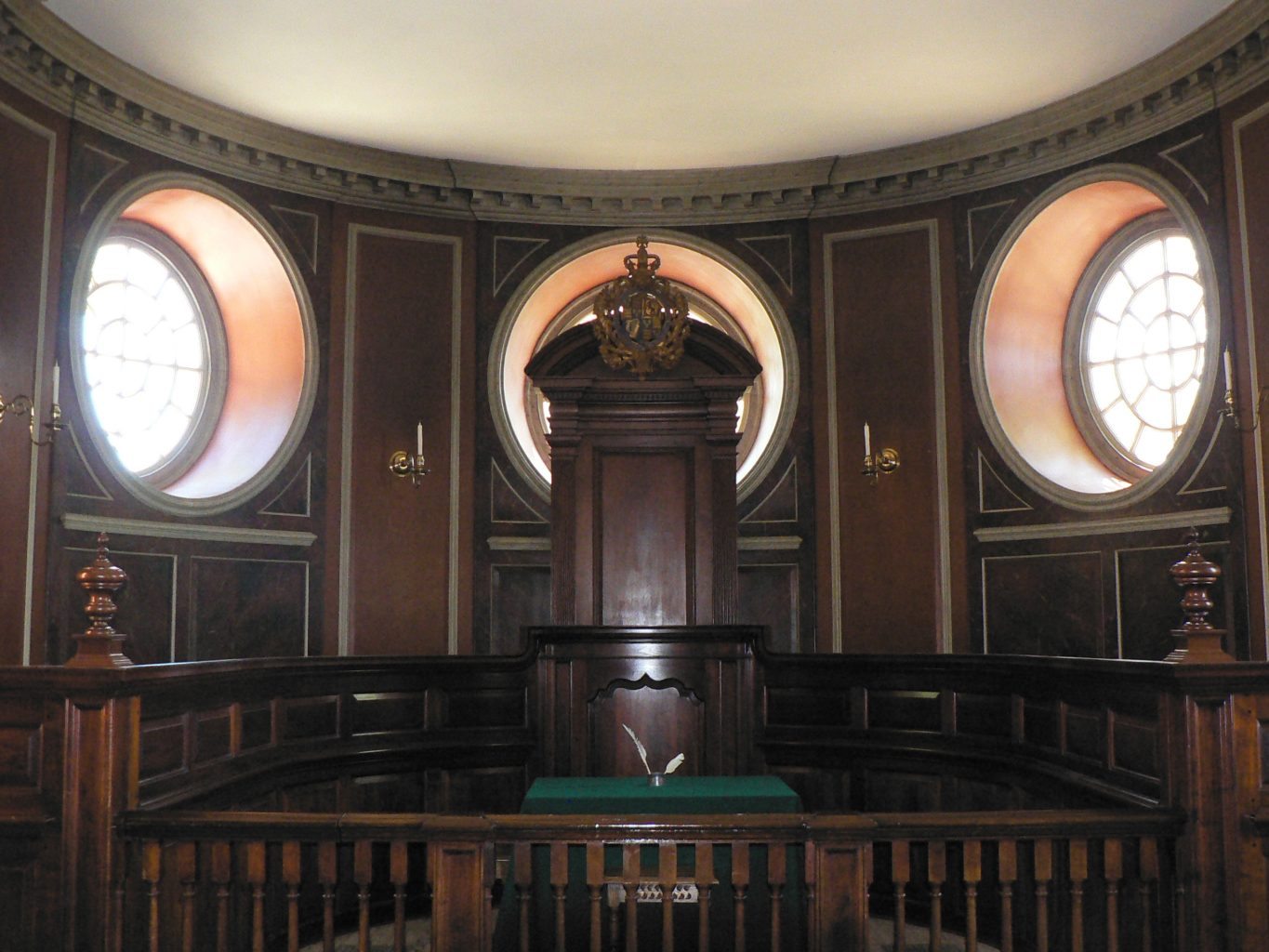National Treasure: “A television masterpiece”
Trigger Warning: Mentions sexual abuse
When I first saw the advert for Channel 4’s National Treasure, I instantly knew it was something I wanted to watch. Tackling the issue of historic sexual abuse, the drama was inspired by Operation Yewtree wherein a number of media personalities were investigated for the crime – including the now infamous Jimmy Savile.
Robbie Coltrane’s Paul Finchley is the celebrity in question here: a television comedian with his long-time partner Karl Jenkins (played by Tim McKinnery), Finchley is accused, at first by a babysitter and then by a number of women, of sexually assaulting them, including when they were underage.
Only two of these accusations make it to trial in the final episode, and I – of course – won’t spoil the outcome. What I will say, is that the powerful performances of the victims highlight several different aspects to the difficult nuances of assault, and the impact that can be had decades down the line. When Robbie Coltrane claimed that National Treasure ‘is for the people who were abused’, I think the portrayal of these women is where that feeling really comes into its own: it is heartbreakingly realistic, and really made me think, not just about historic sexual abuse cases, but those that still happen daily.
Even the way in which the show was shot, artistic and beautiful in a level not often reached in such dark-hearted dramas, was amazing
At the heart of this show, however, is the family dynamic between Coltrane’s Paul Finchley, his wife Marie (Julie Walters), and his daughter Dee (Andrea Riseborough). The casting of these three actors is inspired, and the powerful chemistry between them all on screen is palpable. Riseborough’s Dee – a recovering drug addict who has questions over her father’s guilt, or even possible assault of her – has to be particularly applauded, her having down to a Tee the confusion and mania of a mentally unwell woman trying desperately to work out her own truth.

Image: Robbie Coltrane (above) takes the lead role in the drama. Flickr / Edinburgh International Film Festival
Dee’s relationships with Paul and Marie were fascinating, too, as was Marie’s own with Paul: her husband consistently unfaithful, Walters somehow creates a strong female character who simultaneously, in full knowledge, allows herself to be cheated on – what society would consider to mark the failure of a woman and wife. Marie being fiercely religious is just another interesting layer to this character who has stood by her husband through everything. The disintegration of these family dynamics is slow and un-dramatic, as are the characters themselves: they appear flawed, difficult, and real.
The script, at times, felt forced. But considering the highly difficult topics it dealt with, screenwriter Jack Thorne can be allowed this one error, in my opinion. Other than that, I have no criticism: even the way in which the show was shot, artistic and beautiful in a level not often reached in such dark-hearted dramas, was amazing, the use of light a perfect metaphor and consistent throughout.
No drama of recent creation has made me feel so introspective, made me question my own moral outlook, to the extent that those four hour-long episodes of National Treasure did
Whilst I have highlighted the top three actors for their performances and the characters created, the smaller roles were just as well-executed: McInnery’s Karl is a stoic force throughout, with Babou Ceesay as Paul’s dynamic solicitor Jerome Sharpe and Mark Lewis Jones as his private investigator Gerry presenting the commercial side to the legal system, while also adding layers to the moral dilemmas presented to the Finchley family.
What National Treasure fundamentally concerns itself with are questions of humanity and morality: I didn’t necessarily like Paul Finchley, and there was no doubt that he was a prolific adulterer by his own admission, but was he a rapist? Until the final episode, that is less clear, to the extent that I actually felt sorry for him for being named publicly, and the media harassment that followed. Just as the media played its part, and guilt wasn’t so clear, with many of those tried under Operation Yewtree.
National Treasure holds a mirror up to us as the audience to those cases, just as we are the audience to this show. No drama of recent creation has made me feel so introspective, made me question my own moral outlook, to the extent that those four hour-long episodes of National Treasure did. It is, quite frankly, a television masterpiece.

Comments